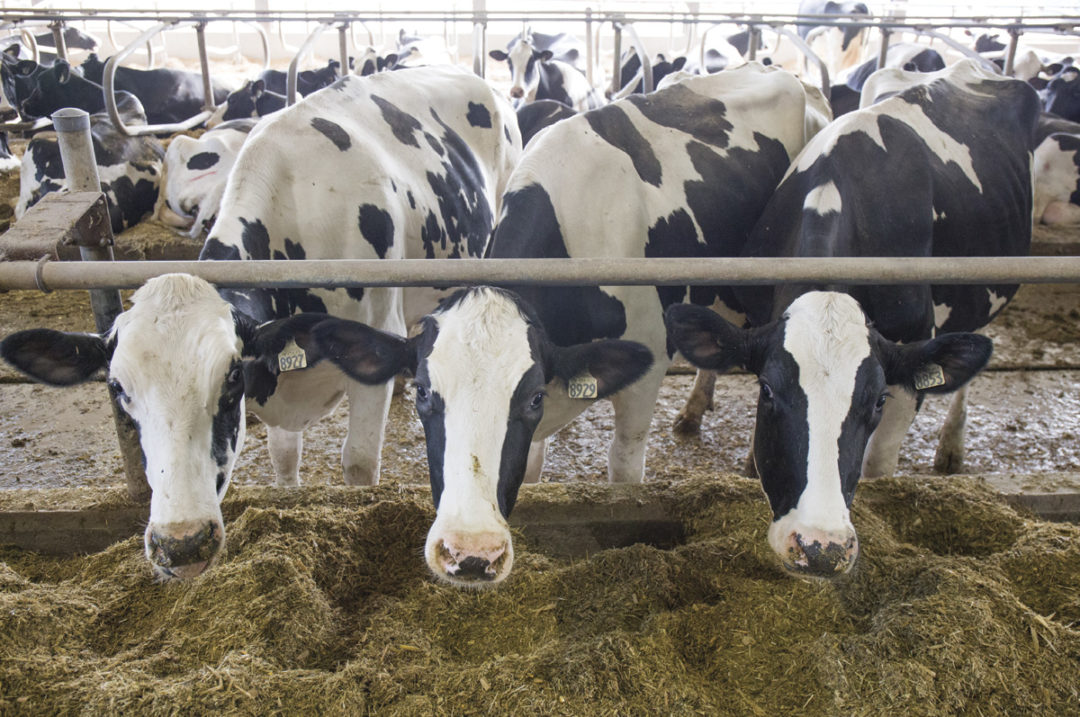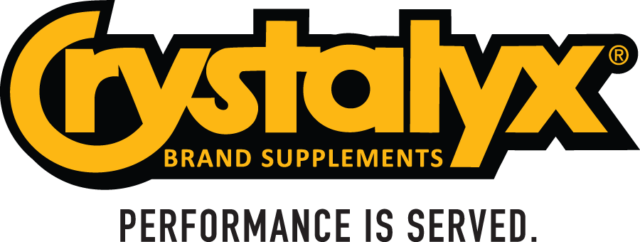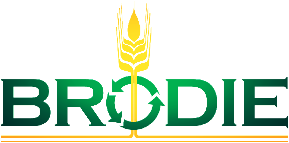An independent review by a credible third-party organization has reaffirmed that the proAction Animal Care module developed by Dairy Farmers of Canada (DFC) and implemented on Canadian dairy farms is consistent with national animal care standards.
In a letter to DFC this November, the National Farm Animal Care Council (NFACC) confirmed it has independently reviewed the content of the DFC’s proAction program and found it to meet all requirements of Canada’s Animal Care Assessment Framework. This national framework was developed by consensus among multiple stakeholders and sets a credible process for developing animal care assessment programs.
“This declaration from NFACC serves as further recognition that the best management practices followed by Canadian dairy farmers under the proAction program are consistent with the highest standards of animal care,” says DFC President Pierre Lampron. “Under proAction, Canadian dairy farmers produce high-quality, nutritious milk in accordance with some of the world’s most stringent standards. proAction builds on robust federal and provincial regulations, instilling confidence that every drop of Canadian milk was produced with care.”
The Animal Care module of proAction is based on the Code of Practice for the Care and Handling of Dairy Cattle, which is a science-based, nationally developed guideline containing both requirements and best practices for dairy cattle care and handling.
DFC recently issued its 2022 Progress Report on proAction, highlighting progress made by the dairy sector over the past year in the program’s six priority areas: milk quality, food safety, animal care, livestock traceability, biosecurity and the environment. It also draws links between proAction and DFC’s Net-Zero Strategy.
Update on CUSMA
On Dec. 20, U.S. Trade Representative Katherine Tai announced that her government is requesting consultations with Canada regarding the manner in which our government allocates tariff rate quotas (TRQ) under the Canada- U.S.-Mexico Agreement (CUSMA). The U.S. has decided to go back to consultations (instead of seeking a panel dispute) and added to the list of the policies they view as inconsistent with CUSMA.
In response, the Hon. Mary Ng, minister of international trade, export promotion, small business and economic development, issued a statement maintaining that Canada’s TRQ policies are consistent with the terms of the agreement, a view DFC supports.
“We look forward to demonstrating how Canada is meeting its CUSMA obligations during the new consultations on allocations of dairy tariff rate quotas,” said Minister Ng. “As we have always done, and we will continue to do, we will stand up, work with and defend our dairy farmers and workers.”
DFC is confident that the two countries can arrive at a resolution and will continue to work with the Canadian government to protect our dairy sector and farmers.








